 Zoom Video Communications has been in the news again lately, and not in a good way. Shortly after Google and the U.S. Senate made the decision to ban Zoom from all their devices my company followed suit.
Zoom Video Communications has been in the news again lately, and not in a good way. Shortly after Google and the U.S. Senate made the decision to ban Zoom from all their devices my company followed suit.
We didn’t have Zoom installed on a large percentage of our computers, but I still needed a way to remove it now and in the future. Utilizing information shared by other MacAdmins, and the official documentation, I compiled a list of all files Zoom installs across macOS and wrote a script to search and destroy.
If the details could be helpful for you please read on.
 Photo Mechanic 6 (PM), released last year, is a major overall to the venerable software used by photojournalists worldwide. It is now 64-bit for compatibility with macOS Catalina and includes a number of other changes from PM5.
Photo Mechanic 6 (PM), released last year, is a major overall to the venerable software used by photojournalists worldwide. It is now 64-bit for compatibility with macOS Catalina and includes a number of other changes from PM5.
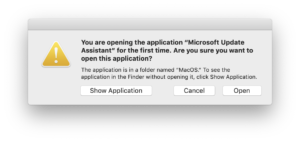
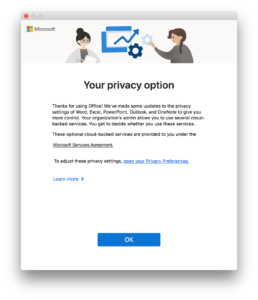
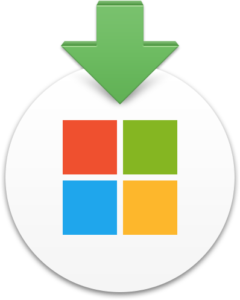 Microsoft AutoUpdate (MAU) version 4.13, released in mid-July, adds the ability to force update deadlines for Office applications. I was one of the MacAdmins who provided Microsoft developers with feedback starting last October and am happy to see the feature come to fruition.
Microsoft AutoUpdate (MAU) version 4.13, released in mid-July, adds the ability to force update deadlines for Office applications. I was one of the MacAdmins who provided Microsoft developers with feedback starting last October and am happy to see the feature come to fruition.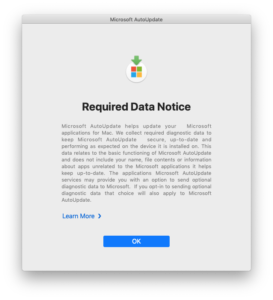
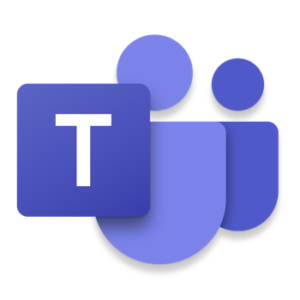 Back in February I wrote about
Back in February I wrote about  Yesterday a colleague on the
Yesterday a colleague on the 